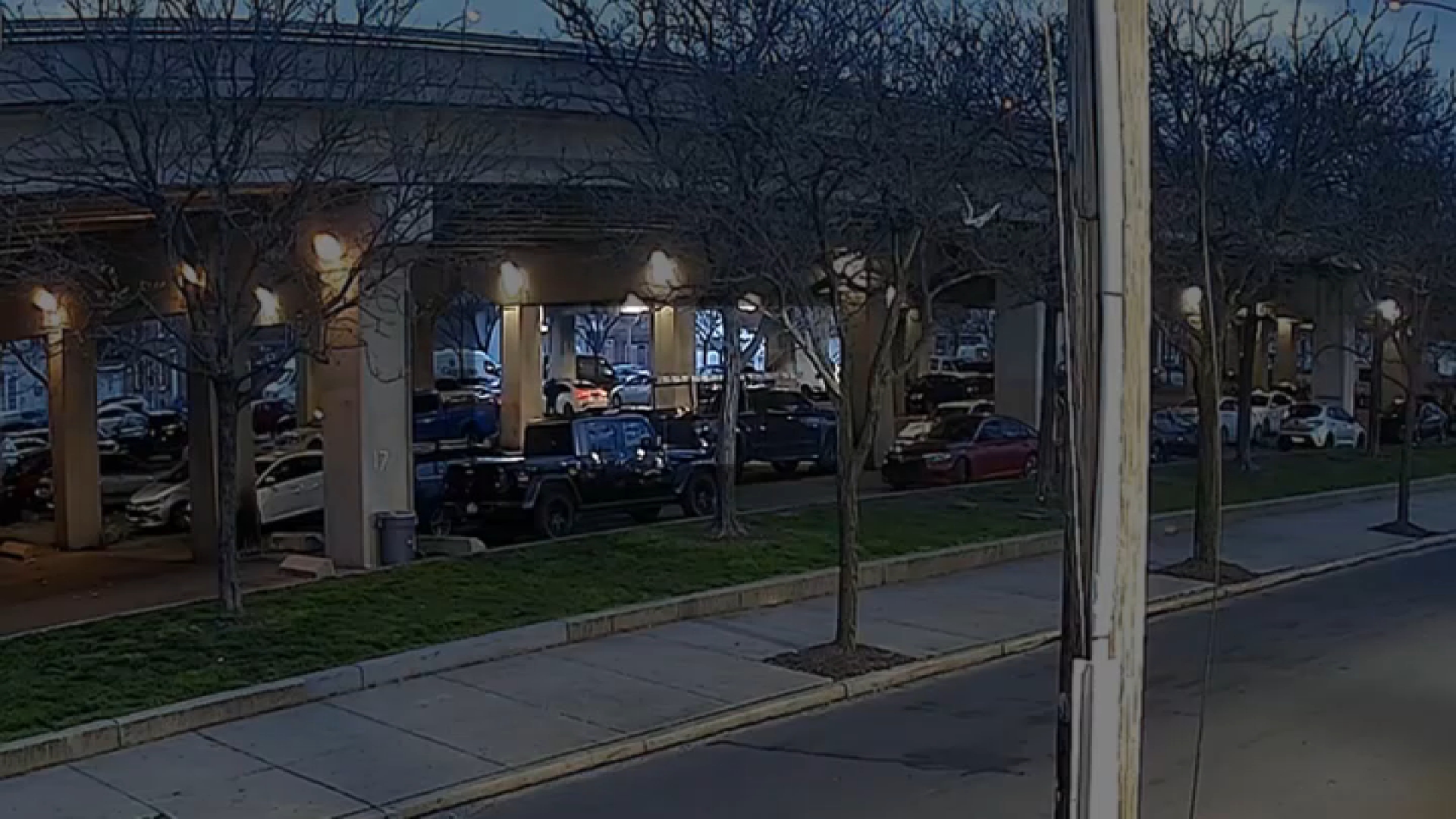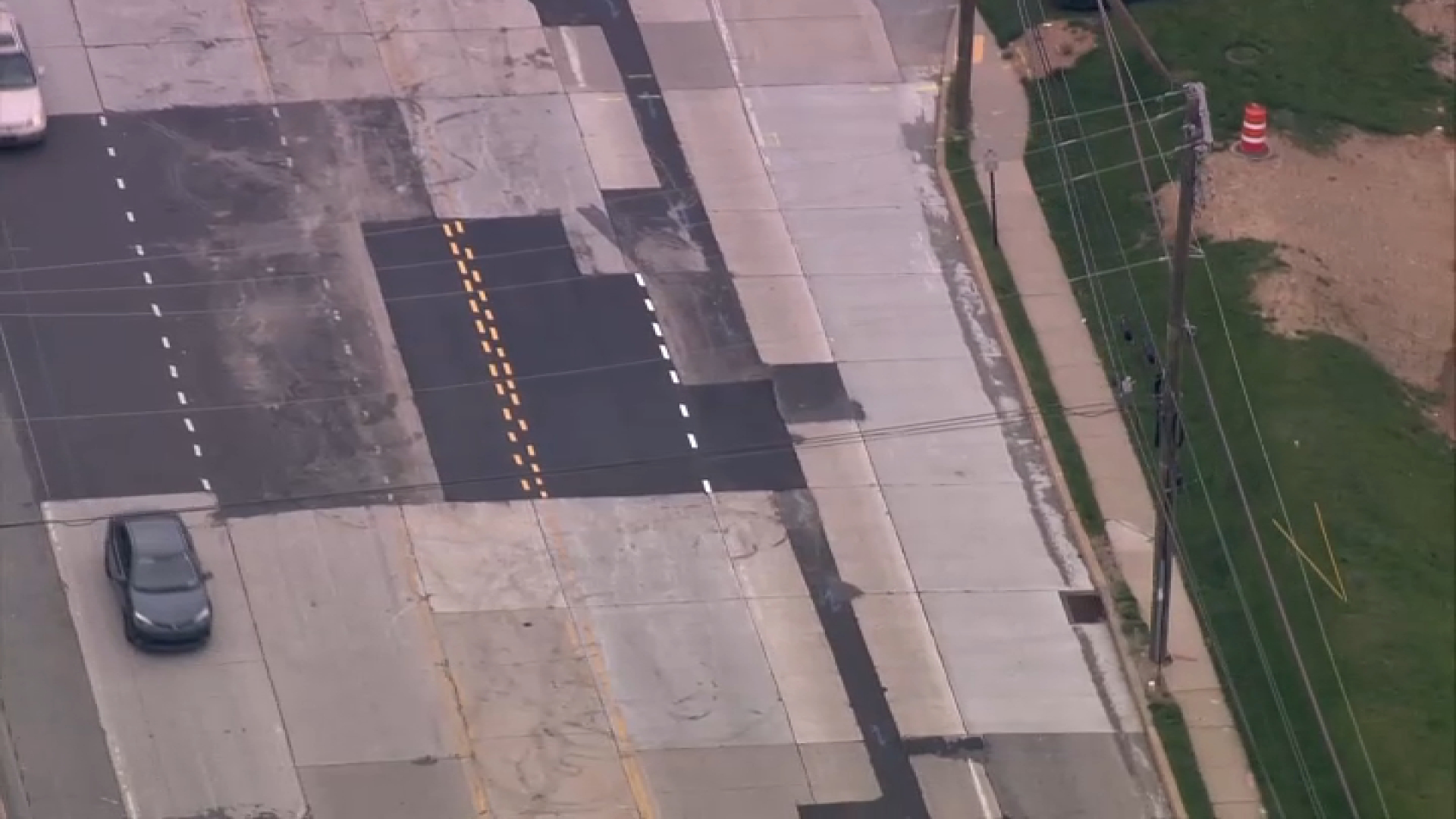Barbara Mancini, speaking out for the first time, described the afternoon when she was arrested for assisted suicide, and when her father was revived against his wishes, as "a surreal nightmare."
"I just couldn't believe it," she recounted Wednesday, the day after a Schuylkill County judge dismissed the yearlong case against her. "It didn't seem like this could possibly be happening to me or to him. Absolutely the worst thing in the world."
Schuylkill County Judge Jacqueline Russell said the attorney general's case rested on conjecture and lacked evidence. An agency spokesman said it was reviewing the decision and would comment Tuesday on whether it planned to appeal.
Mancini was an emergency-room nurse for 20 years at Lankenau Medical Center in Wynnewood until she lost her job after the arrest. The hospital said Thursday that she could have it back, though Mancini, who lives in Roxborough, said she wanted to make sure the offer was good even if the attorney general appealed.
"It made me feel like I lived in a country where Vladimir Putin is president," Mancini said of her prosecution, which drew international attention. "This is what you think happens in Russia, that you get arrested on trumped-up charges and prosecuted for political reasons."
So what happened on that day, Feb. 7, 2013?
What is well documented was that her father, Joseph Yourshaw, 93, had no quality of life and wanted to die.
Local
Breaking news and the stories that matter to your neighborhood.
On the day of his hospice admission, Jan. 17, 2013, nurse Barbara Cattermole wrote in a progress note: "Most important to patient now: wants to die."
He suffered from diabetes and high blood pressure, which had led to a stroke and heart disease. He was in kidney failure and had refused dialysis, refused all treatments.
Repeatedly noted on hospice records were that he had a living will, a "Do Not Resuscitate" order, wanted to die at home, and that Mancini had his power of attorney to make decisions if he could not make them.
The prosecution argued - based on testimony at the preliminary hearing by hospice staff - that Mancini had pushed hospice to prescribe morphine for her father when he didn't want it.
Mancini spent the last five months poring over his hospice and medical records, and reached the opposite conclusion, that Hospice of Central Pennsylvania failed to treat his pain and keep him comfortable.
"I believe if this hospice had not failed my father," she said, "he would not have been so desperate."
The hospice and its nurse did not respond Friday to calls.
On Feb. 6, Yourshaw fell in his Pottsville home. He was in such pain that night, his wife and son couldn't even remove his clothes.
"My mother was in tears when she called me that night," Mancini said.
When Mancini arrived on the morning of the 7th, her father was still sleeping. He was routinely sleeping 16 to 18 hours a day - also noted in hospice records - common for a person near the end of his life.
Mancini's mother needed a break, and went to lunch with a friend. Yourshaw woke after a while. Normally, he wore a Depend, but had been in too much pain to let his family put one on. When he woke, he was wet.
"I told him we had to get him out of those wet clothes," Mancini recalled. "He let me do it, which was the first time I ever changed my father. That wasn't easy for him. I helped him to the commode, which was right next to the bed. He was in a lot of distress. Then he wanted to get back into bed. And asked me to bring him his medicine, his morphine.
"I brought it in from the kitchen, and I handed it to him."
The morphine that hospice prescribed, Roxanol, came in a concentrated liquid, in a bottle smaller than a shot glass. A dose was a few drops on the tongue.
"He took the cap off and he drank it," Mancini continued, "and I said, 'Ooo, I think you might have just drank a lot of morphine there.' He said, 'I just want to go to sleep.'
"He didn't say, 'I want to die.' Well, every day he said he wanted to die. He didn't say, 'I just drank that to kill myself.'
"I just sat there and held his hand," she said. "And then we just started talking. He liked to talk about World War II. (Yourshaw fought in the Battle of the Bulge.) He stayed awake for quite some time. That's a rapid-acting morphine, but it didn't work rapidly on him. I don't know if he'd developed a tolerance."
The prosecution alleged the bottle was nearly full, a lethal dose, all part of the conspiracy to end his life. Mancini said she had no idea how much was in the bottle. "I held his hand, and he got sleepy and sleepy. He was never unconscious. I would say he was lethargic."
At that point, the phone rang. Because Yourshaw had fallen the day before, Cattermole wanted to see him and could be there in 15 minutes. Mancini said fine.
"When she came in," Mancini recounted, "I said, 'I want to tell you something.' I told her he drank what was left in the bottle. I thought she should know. She looked worried. She checked him out. I guess she thought he was going to die then. She listened to his lungs, looked at pupils.
"She said, 'Do you mind if I do Reiki treatment to help him pass?' I assume she meant help him die. I said OK.
"She put her hands on his head, and his shoulders, hips, and she's waving her hands over him. I'm guessing it took like 10 minutes. She did this whole thing."
Mancini said Cattermole then told her that she was likely going to be there awhile, that she better go outside and make some calls, cancel her other appointments.
"She was calm, and I was calm," Mancini said.
Cattermole went outside and called her supervisor. "She came back in," Mancini said, "and told me, 'He has to go to ER to be treated for an overdose.'
"I felt like someone did this to me," said Mancini, pretending to stab herself in the heart. "Then I got really upset," she said. "Really upset."
"I said to her: 'He's suffering. He wants to die.' Now, I didn't say he did that to die. I said he's suffering and wants to die. He has a living will. He doesn't want to do that. She told me I didn't have a choice. I started to cry. I was yelling at her. She told me that she had to report it. I told her, 'I'm not going to let you take him.' "
Cattermole called supervisor Barbara Woods and handed Mancini the phone. Woods "insisted that he had to go to the ER, that they were calling 911. I lobbed a lot of F-bombs at her," said Mancini.
Then: "I threw the phone against the wall."
"I don't erupt like this," Mancini said. "I never imagined that a hospice would invalidate my father's end-of-life wishes. And he was adamant. He made me promise he'd never go to the hospital."
Cattermole's version at the preliminary hearing was much different. She said Mancini told her she had fulfilled her father's wish and asked for more morphine to finish the job.
"That never happened," Mancini said. "Never. I never said, 'I fulfilled his wish.' I never asked for more morphine. I did say, 'This morphine never relieved his pain.' "
Her father, she said, was never unconscious. He was able to track Cattermole's finger with his eyes, and when the ambulance crew asked him whether he was in any pain, she said, he replied no. She laughed at the irony there. "That was probably the first time he wasn't in pain."
Yourshaw was taken to Pottsville Hospital and revived with Narcan at 3:45 p.m. He was immensely agitated, records show. His first words, and repeated words, were: "Don't let anyone hurt Babara."
Mancini believes he had been alert enough at home to observe the shouting and screaming.
Mancini was arrested on the spot. Fingerprinted, arraigned, released on $100,000 bail. Never again allowed to be alone with her father. He died in the hospital four days later - ironically after being given morphine by the hospital. Mancini wept once during the long interview, when describing how her father suffered in the hospital at the end and went to his grave so worried about her.
"I think, in time, I'll be able to move on from this," she said, "but he doesn't get to do over his death. He will always have had a horrible, painful death. And there's nothing I can do about it."



